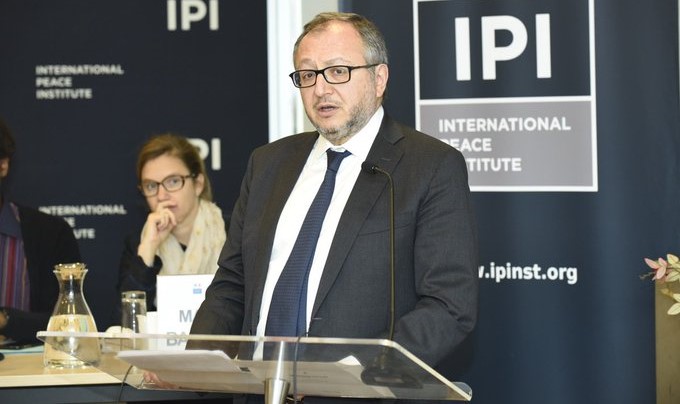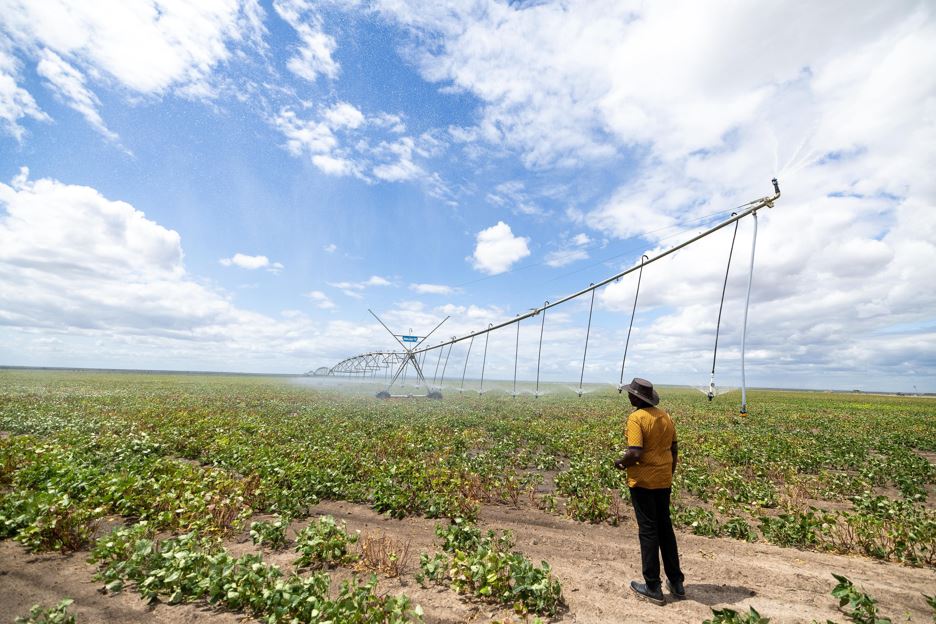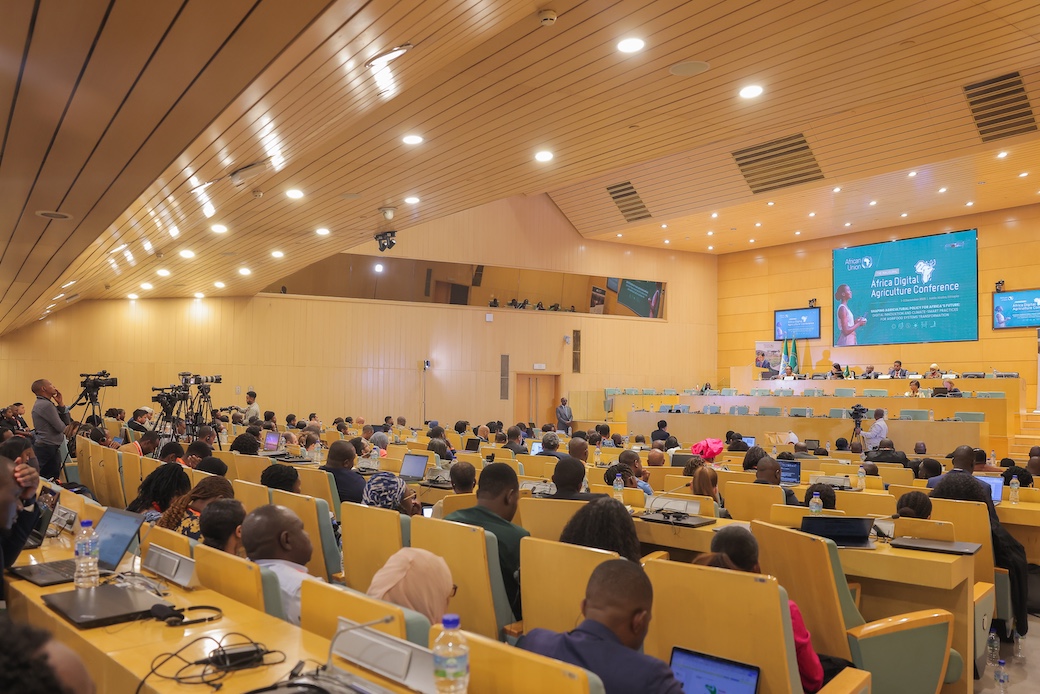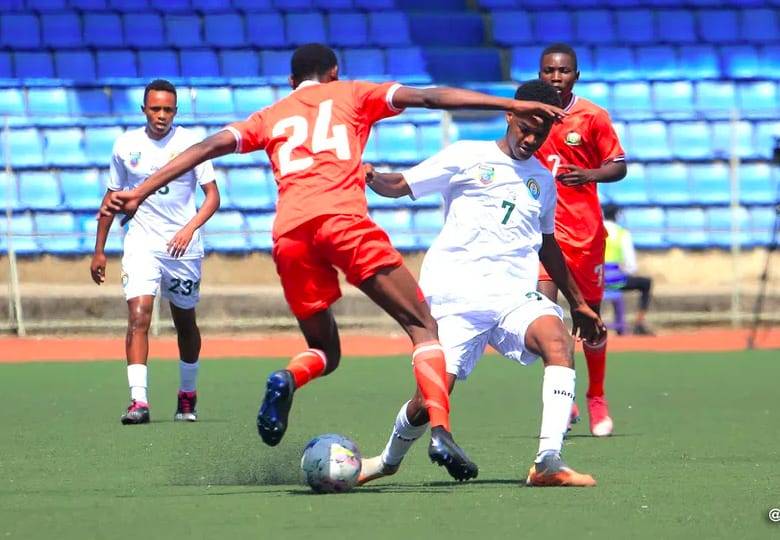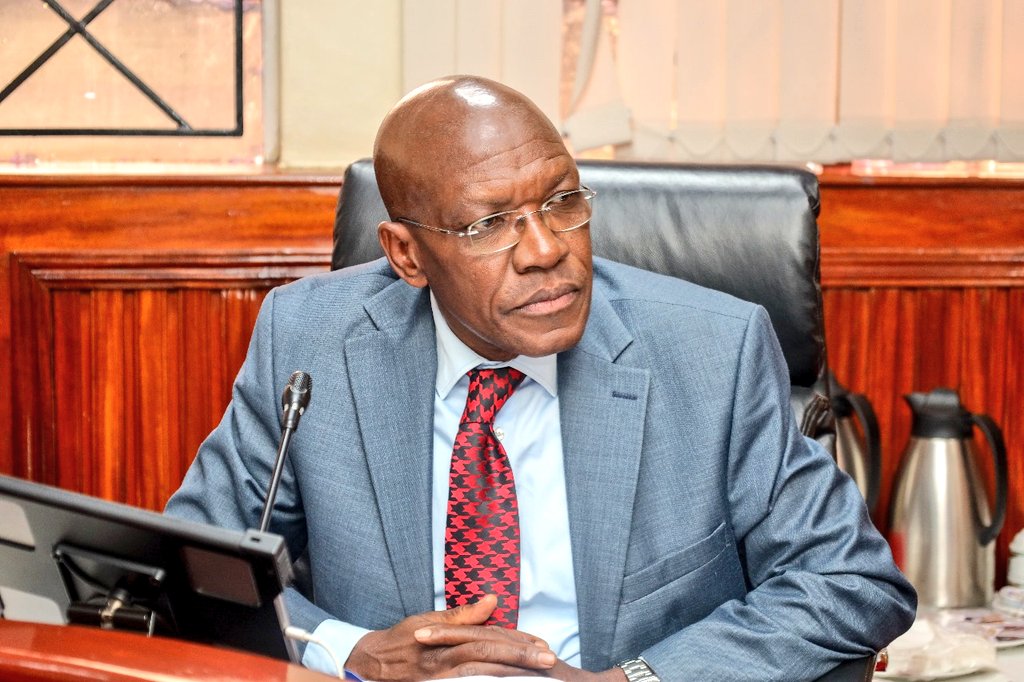Kilifi prisons under spotlight for harsh conditions, inmate neglect
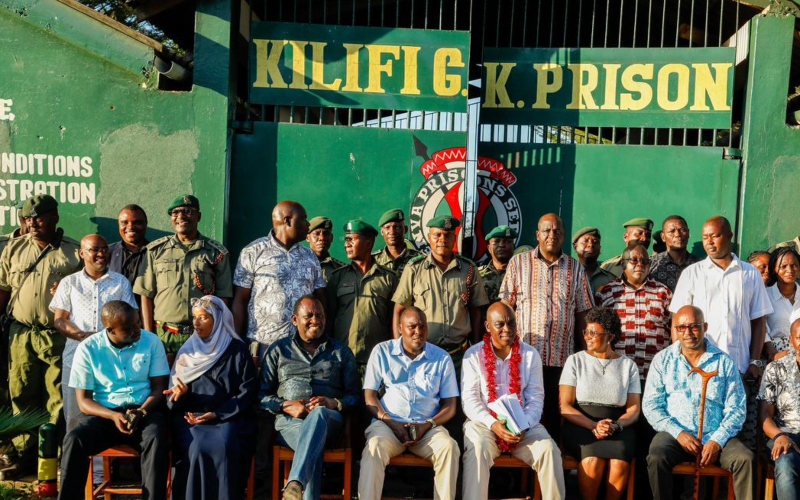
The committee said its findings will guide proposals to the National Assembly for a reform-focused and humane correctional system.
MPs inspecting prisons in Kilifi County have raised concerns over poor infrastructure, limited healthcare and the denial of conjugal rights for inmates, promising reforms to restore dignity and strengthen rehabilitation.
The National Assembly Constitutional Implementation Oversight Committee (CIOC) also highlighted challenges affecting prison officers, gaps in digital systems, and missed opportunities for self-sustainability through the use of prison land.
More To Read
- Mutua sounds alarm as drug abuse blocks coast youth from lucrative jobs abroad
- Marine research centre launched in Malindi to boost coastal conservation
- Blame game as Kilifi County, Coast Water Works Agency clash over water shortage
- Defence CS Tuya pushes for human dignity and rehabilitation in Kenya’s prisons
- Six medical staff, Kilifi clinic charged with defrauding SHA of over Sh2 million
- How Lang’ata Women’s Prison’s 34-acre land ended up in private hands
The committee said its findings will guide proposals to the National Assembly for a reform-focused and humane correctional system.
On Tuesday, the lawmakers toured Malindi Main Prison, Malindi Women’s Prison, and Kilifi Prison, engaging directly with officers and inmates to better understand the conditions and challenges facing Kenya’s penal system.
Prison staff reported outdated infrastructure, reliance on manual record-keeping, and the lack of computers for virtual court appearances.
Officers also cited shortages of uniforms, poor working conditions in the coastal climate, and the absence of essential security technology, including CCTV cameras and signal jammers.
The Committee observed that many prison facilities are in a state of disrepair, with very few classrooms, no libraries, and no counselling rooms.
Malindi Women’s Prison was particularly concerning, lacking a perimeter wall, as well as lactation and educational facilities for inmates’ children.
Vocational rehabilitation was flagged as another weak area. Officers said that while inmates receive theoretical training, they lack access to materials and equipment for practical skills, limiting opportunities for reintegration into society after release.
Other challenges raised included limited access to healthcare and legal support, budget cuts affecting both inmate welfare and officer allowances, and the rise of sexual and cybercrimes without adequate officer training.
The Committee also emphasised the need for secure digital record systems to improve oversight and management.
Unused prison land was highlighted as a missed opportunity for agriculture and income generation.
MPs proposed titling prison land to prevent encroachment and urged collaboration with county governments, the private sector, and TVET institutions to boost inmate skills, employability, and rehabilitation outcomes.
A major concern discussed during the visit was the absence of conjugal rights for prisoners. Officers reported that without legal frameworks or infrastructure for private visits, inmates are denied the right to family life, raising concerns about sexual health and mental well-being. A court petition expected in 2025 seeks formal recognition of conjugal rights as a legal entitlement.
“Inmates are human beings with rights under our Constitution,” said Suba South MP Caroli Omondi.
“Denying them conjugal visits and basic medical services contributes to the spread of HIV/AIDS, increased violence, and mental health challenges in our prisons.”
The Committee also explored ways for prisons to become self-sustaining through agriculture and skilled labour. Members stressed the importance of improving digital systems to enhance accountability and efficiency in management.
MPs pledged to push for legislation that emphasises rehabilitation, backed by increased funding for infrastructure and officers’ welfare.
They also supported community-based sentencing, such as Community Service Orders (CSOs), to decongest prisons and advocated for recognition of prisons as learning institutions eligible for capitation funding.
Upon completion of the Kilifi visits, the CIOC is expected to present its recommendations to the National Assembly, charting a roadmap for a correctional system that is humane, secure, and focused on rehabilitation, digitalisation, and sustainable development.
Top Stories Today

